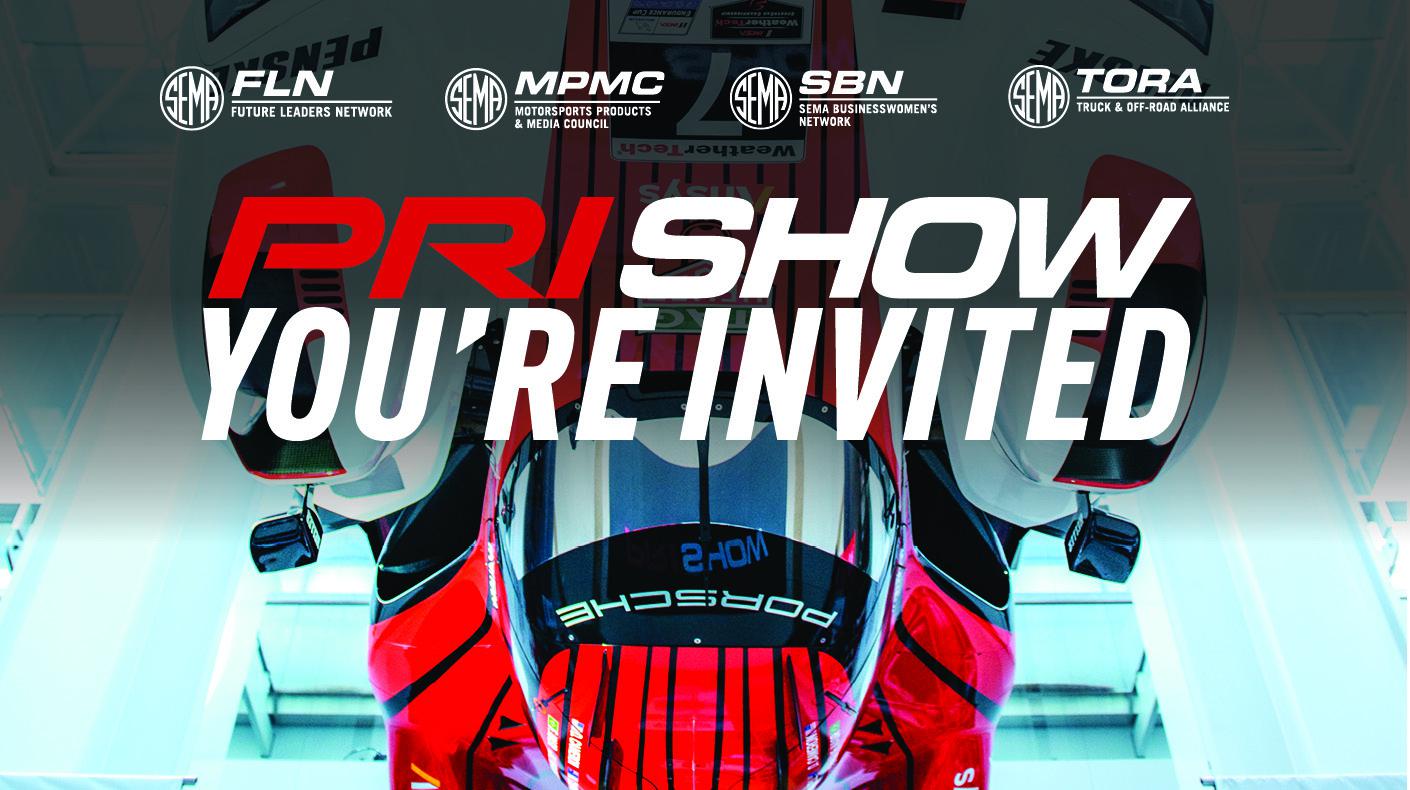 |
 |
|
| Jim Hughes has maintained Hughes Performance and Hughes Motorsports as successful family operations for more than 30 years. | ||
SEMA Member News, a special member-to-member publication, caught up with two of the newest Motorsports Parts Manufacturers Council (MPMC) Select Committee members recently to ask them a few questions about their involvement in the industry and what they see ahead in MPMC. In this month’s edition, we hear from Jim Hughes of Hughes Performance and Kelli Wilmore of MasterCraft Safety.
SEMA Member News
: What is your history in motorsports, in the specialty-equipment industry and in MPMC?
Jim Hughes: I grew up in a family business that remanufactured OEM torque converters. I started bracket racing in the late ’70s while in junior college and convinced the family during that time to get into high-performance converters. Hughes Machine became Hughes Performance, and we quickly developed a full line of automatic transmissions to complement the converter line.
Hughes Motorsports was then established to promote the Hughes Performance line of converters and transmissions. Today, we travel the country with four sportsman cars in a motorhome and trailer that also carries product for display and sale. As a National Hot Rod Association (NHRA) and International Hot Rod Association (IHRA) major sponsor, bracket-race program supporter and SEMA member, I have learned the importance of customer relations, service and value of a good marketing program. Our hands-on approach gives us the ability to know our products inside and out.
Kelli Wilmore: My family has always been involved to some extent in businesses related to automobile sales or manufacturing products for vehicles. After working in the family business for seven years, I moved to California to work for Borla. My passion for motorsports was awakened while attending various racing events for Borla. Following Borla, I moved back to Phoenix and worked for Billy Boat and also rejoined the Young Executives Network to continue developing my skills as an aftermarket professional.
During that same period, my passion for motorsports turned to more of an addiction, especially for off-road racing. I am now back in San Diego as vice president of marketing for MasterCraft Safety. No sooner did I get unpacked that the company acquired Impact from Bill Simpson. It’s been a lot of work but an enjoyable experience that has only furthered my passion for all things racing.
 |
| Kelli Wilmore is an experienced aftermarket industry professional with a seemingly endless passion for all things motorsports. |
JH: My goal is to get to know each and every member of the team so that I can add to the group as a team player. The MPMC has always impressed me with the quality of people that come together for one common goal: helping and directing others who have the same love and passion for the automotive aftermarket industry as they do. Our industry’s icons and MPMC’s hall of famers, such as Scooter Brothers and John Menzler, have been mentors for me. My goal is to carry that torch and pass along to the next generation the same motivation and encouragement they have given me.
KW: As with anything, it is difficult to get a clear picture of what is needed and where until you have actually rolled up the sleeves and gotten a little dirt under the nails. I think bridging the gap between members, member companies and the end-user is essential to the growth of any industry—and ours in particular.
SMN: In this current economic crunch, why should companies join SEMA and MPMC?
JH: Aftermarket companies all face the same dilemmas that move with the economy. Do we diversify? Do we cut back? Do we move forward? SEMA and the MPMC are there to help answer these and many other business-related questions and topics of concern. Joining SEMA will give business owners the key to future success based on decisions made by others in the group of networking companies.
KW: Companies that are involved are more likely to have their fingers on the pulse of what consumers want and what the market demands. In this economy, it is important to be knowledgeable and relevant on what end-users want from their products. It is even more important to be an activist within the industry and champion causes that promote growth.
SMN: Is there anything else you would like to emphasize?
JH: United we stand, divided we fall. Networking with others in our industry can help be a key to success. Sharing strengths and weaknesses with fellow business associates will help build a solid foundation for the future.





